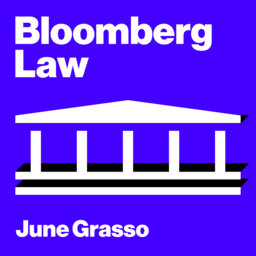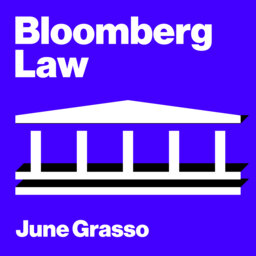Acquittal in Subway Chokehold. Mangione Extradition & Sham Marriages
Dave Aronberg, Palm Beach County State Attorney, discusses the acquittal of Daniel Penny in the subway chokehold trial and the extradition of Luigi Mangione. Leon Fresco, a partner at Holland & Knight discusses the Supreme Court’s decision in a case involving sham marriages. June Grasso hosts.
 Bloomberg Law
Bloomberg Law


